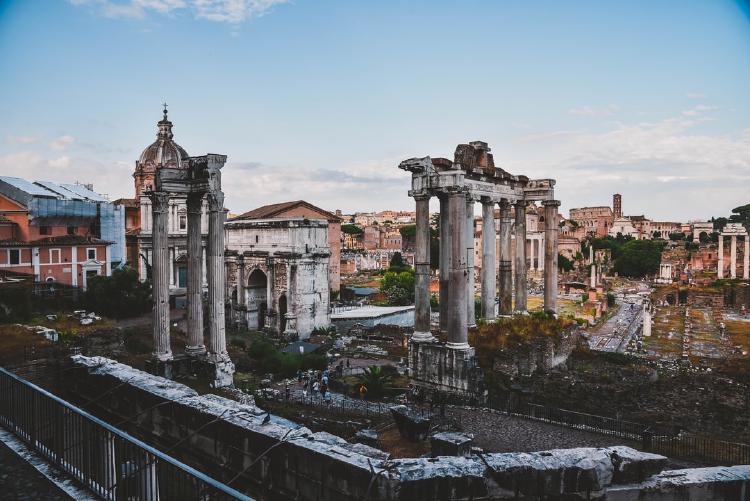RuneScape Economy
The RuneScape economy is quite similar to real world economics. One difference, however, is that skill development is encouraged along side wealth accumulation. Various currencies are used regionally throughout RuneScape. Inflation is controlled by various means, as is the economy in general.
The base of the economy is comprised of potatoes and wheat, then fish, logs, ores and coal and also bones and raw meat accumulated by killing monsters. A second tier of commodities is made up of items processed from harvested items includes tanned hides, metal bars, cooked foods, gems and runes. A third tier is made up of fully processed items and rare items.
The value of commodities is primarily determined by scarcity and the skill level required to obtain them. Items that are not readily available are more valuable. Those items that require a higher skill level are scarcer and therefore more valuable. Monetary value is not the only judge of value. If a lot of experience is gained, the value of the commodity is also increased.
The primary currency in runescape is gold pieces or coins. This currency is often referred to as gp. However, there are also alternate currencies. One of these is Tokkul. This currency, made of black obsidian, was introduced into the city of Tzhaar in 2005. Tokkul can be acquired by killing high-level demons and as an award in the fight Pits and Fight Caves. players can also earn a type of currency called Trading Sticks. These are obtained by performing favors for community members. New currencies are continuously being introduced into RuneScape. However, these are usually confined to specific regions or can only be used to purchase certain items.
All buying and selling prices at specialty stores are controlled. The price is determined by the value of the item and the quantity in stock. It is possible to make quick money by buying cheaper items that are overstocked and then selling them to stores where these items are not in stock for a higher price. Alchemy spells allow players to collect valuable goods because of their alchemical value rather than the real value.
Inflation is also controlled by assuring that money leaves the game. Barrows weapon and armor sets are just one of the ways in which this is done. Since they require constant repair, money is continuously leaving the game as it is paid to an NPC. Also, Construction has caused a drop in the price of items such as Party hats and whips.
Thus, RuneScape serves as a virtual world with a virtual economy. It is controlled but continuously changing. Knowing how the overall economy works can facilitate the moneymaking process.
